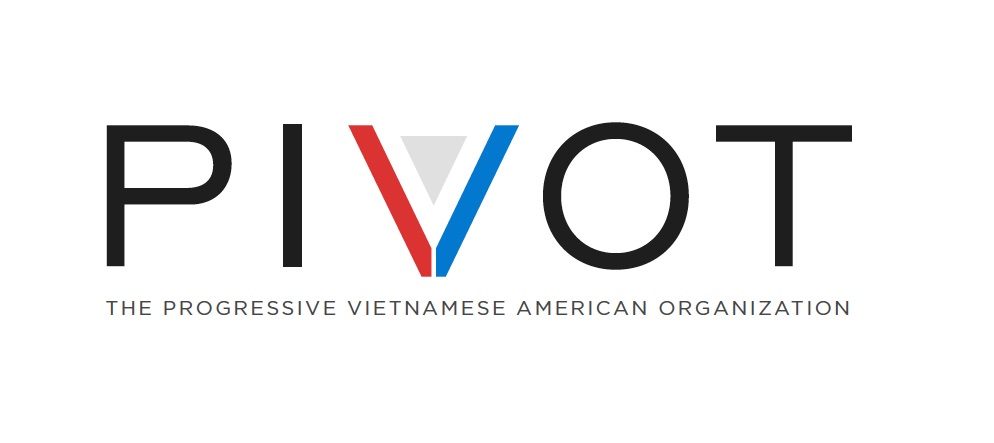#WhatHappenedtoTommyLe: the Necessity of Vietnamese American Political Activation
/July 2, 2017
Mai Do
It's 2:00AM on June 30. I am writing a poem. I check Twitter in case of news updates from Hong Kong or Southeast Asia. I am prepared to see images of protests, or to see more images from Marawi City, or to see reports of the Rohingya crisis. I am not prepared to see The Seattle Times report that Tommy Le, a young, twenty-year-old, Vietnamese American man, was shot and killed by King County police without solid reason on June 14. The reported reason for shooting Tommy Le? He was allegedly carrying a knife, but in actuality, he was carrying a pen. Tommy Le was fatally shot while carrying a pen.
While I am usually a very somber person, I don't cry much. However, it is 2:00AM on June 30 and I read the news about Tommy Le being fatally shot. I begin to cry. I am crying as much as I did when my paternal grandmother passed away years ago. I am crying as much as I did when I read a recent study that revealed that Vietnamese American immigrant families are not adapting to life in the United States as quickly or as effectively as most immigrant groups usually do, with negative consequences such as high poverty and increased youth gang affiliation. Perhaps it is pretentious to cry because I don't even know this now-dead young man personally, though he reminds me of several cousins. Still, I am crying for Tommy Le.
Tommy Le’s father is reported by The Seattle Times to have demanded, “I want to know what happened to my son.”
What happened to Tommy Le is a symptom of a larger problem that plagues the Vietnamese American community. It is ineffective and dangerous to pretend that negligent, violent policing is not an issue that affects more than just African Americans. Attempting to protect ourselves by hiding behind assimilation and subservience does not work. Every time a Vietnamese American kid uses an "American" alias in place of their Vietnamese name, every time a young Vietnamese American girl says she "only dates white guys," every time a Vietnamese American man refuses to speak Vietnamese, every time one of my relatives apologizes for speaking in Vietnamese in front of my non-Asian friends, every time we try to save ourselves by making too hard an effort to blend in, we only turn away from the devastating truth: we, as a community of Vietnamese Americans, are more vulnerable than we want to admit. If we continue to refuse to accept this fact and if we continue to ignore the hardships and issues our community faces in attempts to play to the model minority myth, I -- like so many others -- will eventually, inevitably have to cry again over another community member's cold, unmoving body. We have to politically activate, to speak, to take firm stances on issues like negligent and violent policing. We have to stand behind Tommy Le’s father and demand that the public know exactly how and why Tommy Le allegedly had to die. We have to fight to ensure that this violence doesn’t happen again, not only to fellow Vietnamese Americans, but to our neighbors in other marginalized communities across the country.
Contrary to what many Vietnamese American elders will say, hiding behind silence doesn’t protect us. It kills us.
Do Nguyen Mai — name written family name to middle name to given name — is a Vietnamese American poet currently residing in the Greater Los Angeles Area. She is the founder of Rambutan Literary, the funding director of Alternating Current Press, and the co-founder of CA-25 United for Progress. Her debut poetry collection, Ghosts Still Walking, is available from Platypus Press. She is also a member of PIVOT. Visit her on Twitter @lotuscrowns or at her website, donguyenmai.com.

